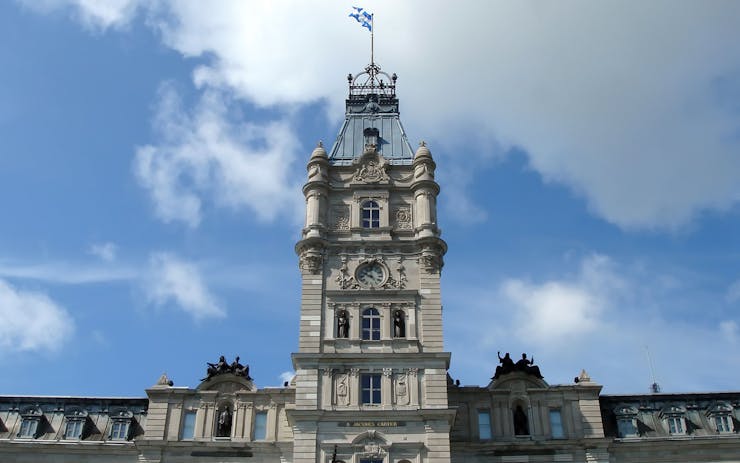What is the judge’s ruling quashing Quebec’s ban on home cannabis cultivation really about?
Arguments about civil rights and public health fell by the wayside—the decision was ultimately about Ottawa’s right to make changes to criminal law without being undermined by the provinces.
Quebec’s ban on home cannabis cultivation was always controversial, and a little confusing, given that 84.2% of Quebeckers who participated in Quebec’s 2017 public consultations on cannabis supported the right to grow cannabis at home.
(Those who did not attend the consultations but filled out questionnaires online also supported home growing, though less enthusiastically: 60.8% said Quebeckers should be allowed, versus 35.4% who supported a homegrow ban.)
The soon-defeated Liberal government wrote the ban into the law anyway, and their successors in the aggressively anti-cannabis CAQ government supported the law when it was challenged in court a week after legalization.
However, the decision in early September by Hon. Manon Lavoie of Quebec’s Superior Court is less concerned with public opinion and political matters than the division of powers between the federal and provincial governments.
Instead, Justice Lavoie decided that provincial possession and cultivation bans are “by [their] pith and substance” a matter of criminal law—which is federal jurisdiction, not provincial.
According to Lavoie, the goal of Quebec’s cannabis law was to create an “absolute prohibition” on home growing—after the Parliament of Canada specifically decided that such activity was no longer to be absolutely banned.
“The effect of the provincial provisions is a step backwards, as if the new federal accessibility and legalization of cannabis had never existed,” Lavoie wrote, though she noted the Quebec government would have had the right to limit home cultivation more severely than other provinces.
Provided Quebec does not ban home growing completely, the province may pass laws limiting growing to between one and the maximum four legal plants.
Notably, Justice Lavoie could have given the CAQ government time to rework the law by suspending her declaration that parts of Quebec’s Cannabis Regulation Act were invalid, but she did not.
Instead, she noted, there was no risk of public danger or of a legal vacuum.





